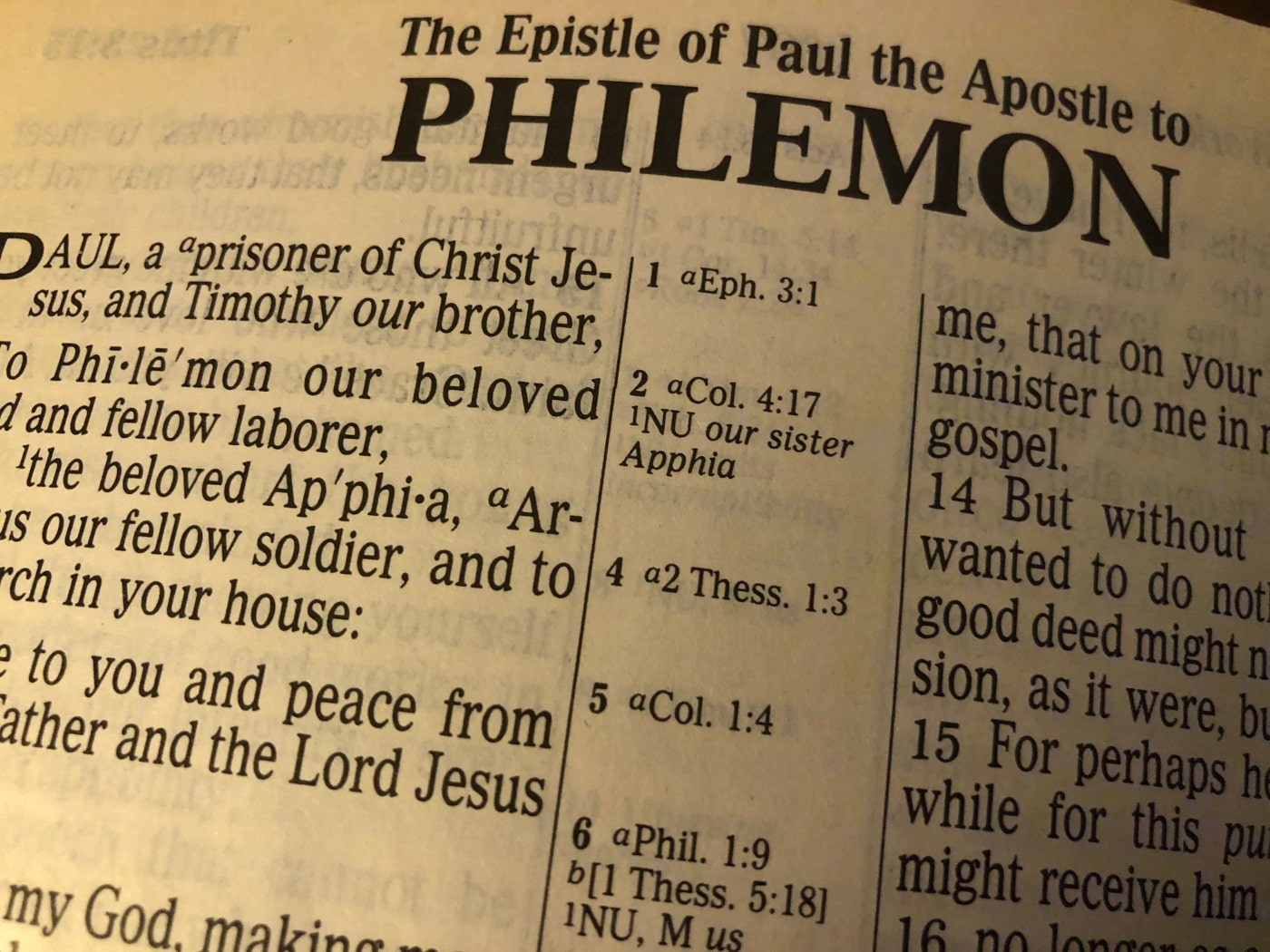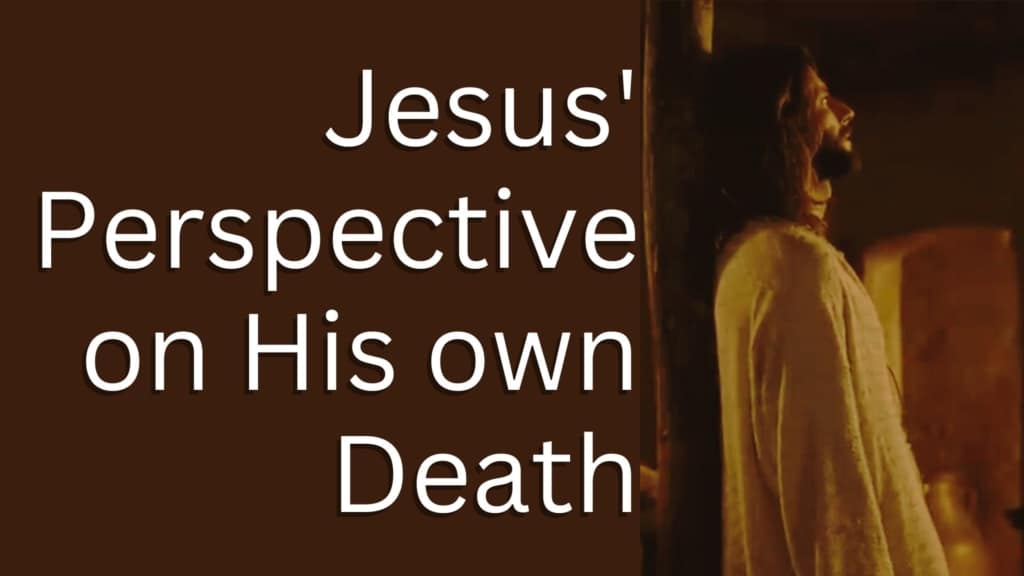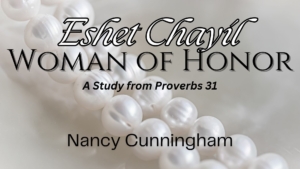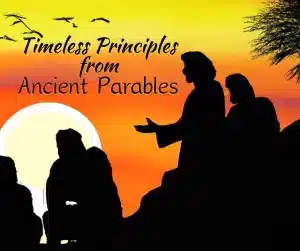- These are Written
- Believe
- Should Not Perish
- 3:16
- Never, Never
- Life, Love, Light
- Condemned by Choice
- This and That
- Seven Expressions of Love from the Cross
- Why?
- I know, I know!
- What?
- UGH!
- Expedient
- Gain Grace?
- The Gift
- The Hands of God
- Immortality
- COME UP HERE
- Not by Works of Righteousness We have Done
- Jesus’ Perspective on His own Death
- I AM
Download or order the free booklet “The Gift” here: https://basictraining.org/the-gift/
Thanks to the American Bible Society “The Gospel of John” for the video scenes.
I want to remind us of the perspective that Jesus, our Savior, had concerning His own death. Because I think it helps us appreciate it a little bit more. His death was 1) Purposeful, 2) Voluntary, 3) Joyful, and 4) Glorious.
Well, first of all, His death was purposeful. He recognized that He was going to die. John 12:27 says, “What shall I say, Father, do not let this hour come upon me. But that is why I came.”
The purpose of his death was also voluntary. It was a voluntary or volitional outpouring of His love, and it showed full and true submission to God, the Father. Romans 5:8, “for God demonstrates his love towards us in that while we were yet sinners, Christ died for us.” In the garden, Jesus said three times to the Father, “not My will, but Your will be done.” In John 10:17-18 Jesus said, “The Father loves me because I’m willing to give up My life in order that I may receive it back again. No one takes My life away from Me. I give it up of My own free will. I have the right to give it up and I have the right to take it back.This is what my father has commanded me to do.”
His death was purposeful. His death was voluntary. His death was also joyful. Hebrews 12:2 says, “Who, for the joy set before Him, endured the cross, despising the shame, and He sat down at the right hand of the throne of God.” Jesus was fully aware of the pain and the suffering that He would face at the cross, but He had his eyes on the joy, and that joy was purchasing our eternal destiny.
And then finally, Jesus considered death as the path to glory. In John 12:23 He said those words, “The hour has come for the Son of Man to receive great glory.” And this is an amazing verse to me because this is shortly before the passion week. This is shortly before He would go through all of that suffering, the betrayal, the arrest, the scourging, the piercing of his hands and feet, the crown of thorns on his head, and the gathering up the sins of the world that pierced His heart. He didn’t say the time has come for the Son of Man to be tortured and tormented and suffer for the sins of the world. No, He said, “the hour has come for the Son of Man to be glorified.” He ignored the suffering and kept his eyes on the glory. And if we can grasp the truth of that verse, it would totally change our perspective of the sufferings in our life.
So this is His perspective of His own death. He was born to die.
Gene Cunningham - August 2, 2011
Philemon #5

We don't know always how to pray. In the context of hope, the Spirit's intercession for us in prayer (Rom 8:24-26). Mustard seed parable: (1) the mustard bush had fragrance and birds were attracted. When we grow we benefit others (Rom 15:1); (2) pungency — the leaves were flavorful when used on food; (3) security — provided safe haven for birds. We enter eternal life freely, but inheriting eternal life is costly (Rom 8:15-17); you have to be a son before becoming heir. In Romans 15, "Heirs of God" suggests eternal life; "joint heirs with Christ" has a condition of suffering with Him (1Pe 1:4).
The fellowship (Greek: "kononia") of Philemon's faith (Phm 1:6) will take spiritual growth. Elements of discipleship and spiritual growth are:
- The call to eternal life is a free gift; the call to discipleship is costly (Mat 11:28-29, Luk 9:23, Luk 14:25-32).
- To be a disciple implies personal spiritual growth into conformity to Christ (2Pe 1:5-7, 2Pe 3:17-18, Rom 12:1-2).
- There are three essential elements of personal transformation -- faith, hope, and love (1Th 1:3-10, Rev 12:11).
- Paul is challenging Philemon to become even more effective Phm 1:5-6, 1Th 4:1, 1Th 4:10, Phi 1:9-11).
- True spiritual growth is personal or isolated,; it is aimed at the benefit and blessing of other believers (Eph 4:11-16).
- A one-word summary is "fellowship" is a relational setting.
To Philemon and Onesimus, Paul becomes an example of Jesus Christ our mediator (Phm 1:8-18). Paul is the mediator who is able to have empathy for both the offended and the offender. Like his Master, he is always seeking to bring reconciliation. Paul is willing to pay the debt to reconcile Philemon and Onesimus (Phm 1:19). God's redemptive plan works not by command but by the apeal of love (Phm 1:8-9). You cannot force Grace (Joh 3:16, Eph 2:8). There has to be an intercessor with estranged parties. Paul calls himself "the aged" though the Romans considered that you were "old" at 60 years old. Paul wasn't 60 yet. Paul acts as an (Greek: "presbutes") ambassador (Eph 6:20). Onesimus left as a runaway slave and thief. It's possible Onesimus actually sought Paul out. The consequenses are still there from bad decision made in carnality. Redemption makes possible the new birth; "I have begotten him" (Phm 1:10). In the new spiritual life, wishes and desires must all be subordinated to the will of God considering the freedom of others (Phm 1:13-14).
How profitable is your faith? Who is benefitting by your life? Before conversion, Paul wanted the benefits of advancement (Phi 3:1-6). Jacob was self-centered and selfish (as the meaning of his name implies). The wrestling angel, after impairing Jacob, asked him his name. This was to reveal his real character and helplessness. Jacob had to own up to who he had been. The angel renames him to "Israel", to denote real transformation.
Conference notes for this series can be found [HERE]
Scripture References: Ephesians 4:11-16, Ephesians 6:20, Matthew 11:28-29, Philippians 1:9-11, Ephesians 2:8, Philippians 1:6, Philippians 1:5-6, John 3:16, Romans 8:15-17, Revelation 12:11, Philippians 1:8-9, Romans 15:1, Philippians 3:1-6, Romans 12:1-2, Philippians 1:19, Romans 8:24-26, Philippians 1:13-14, Luke 14:25-32, Philippians 1:8-18, Philippians 1:10, Luke 9:23







